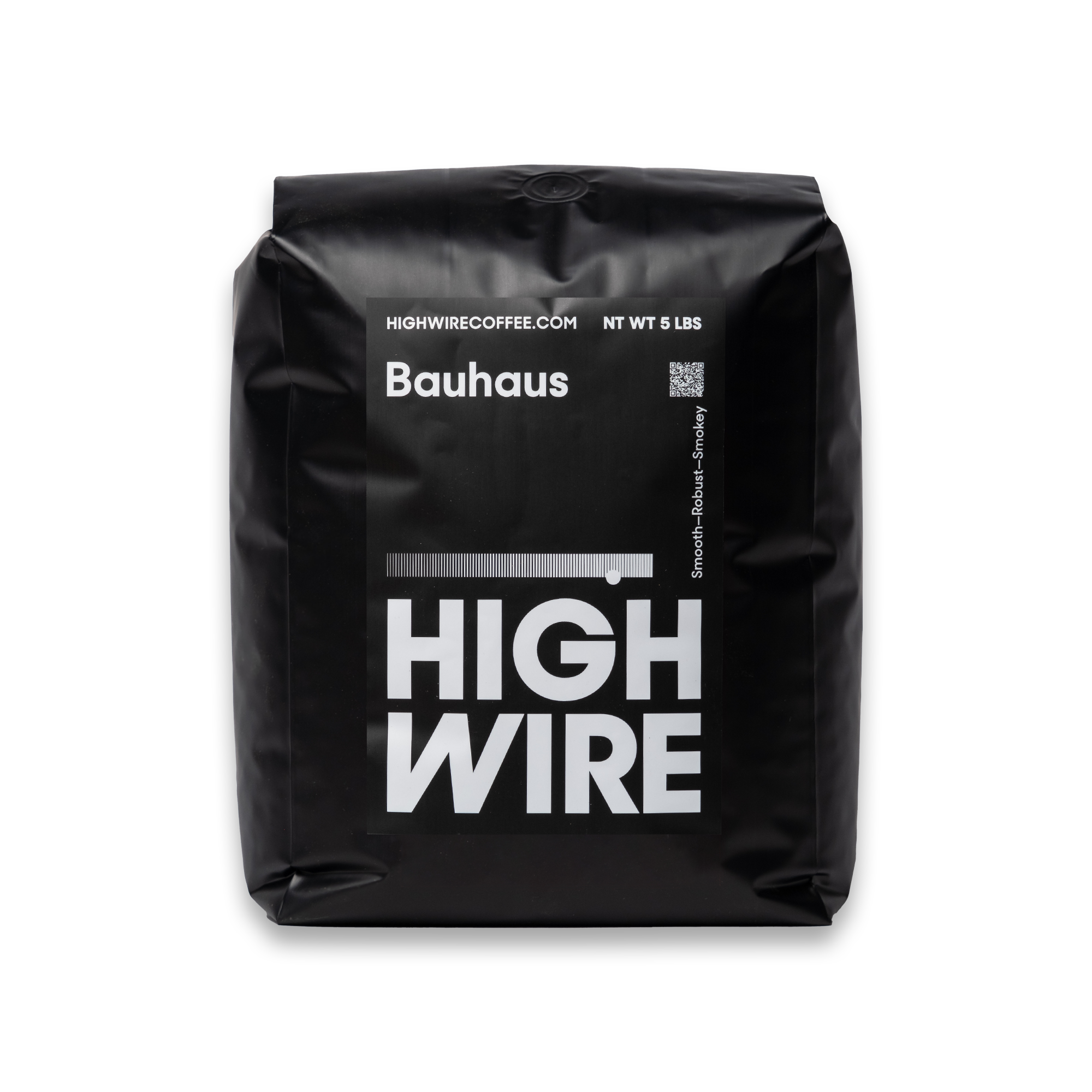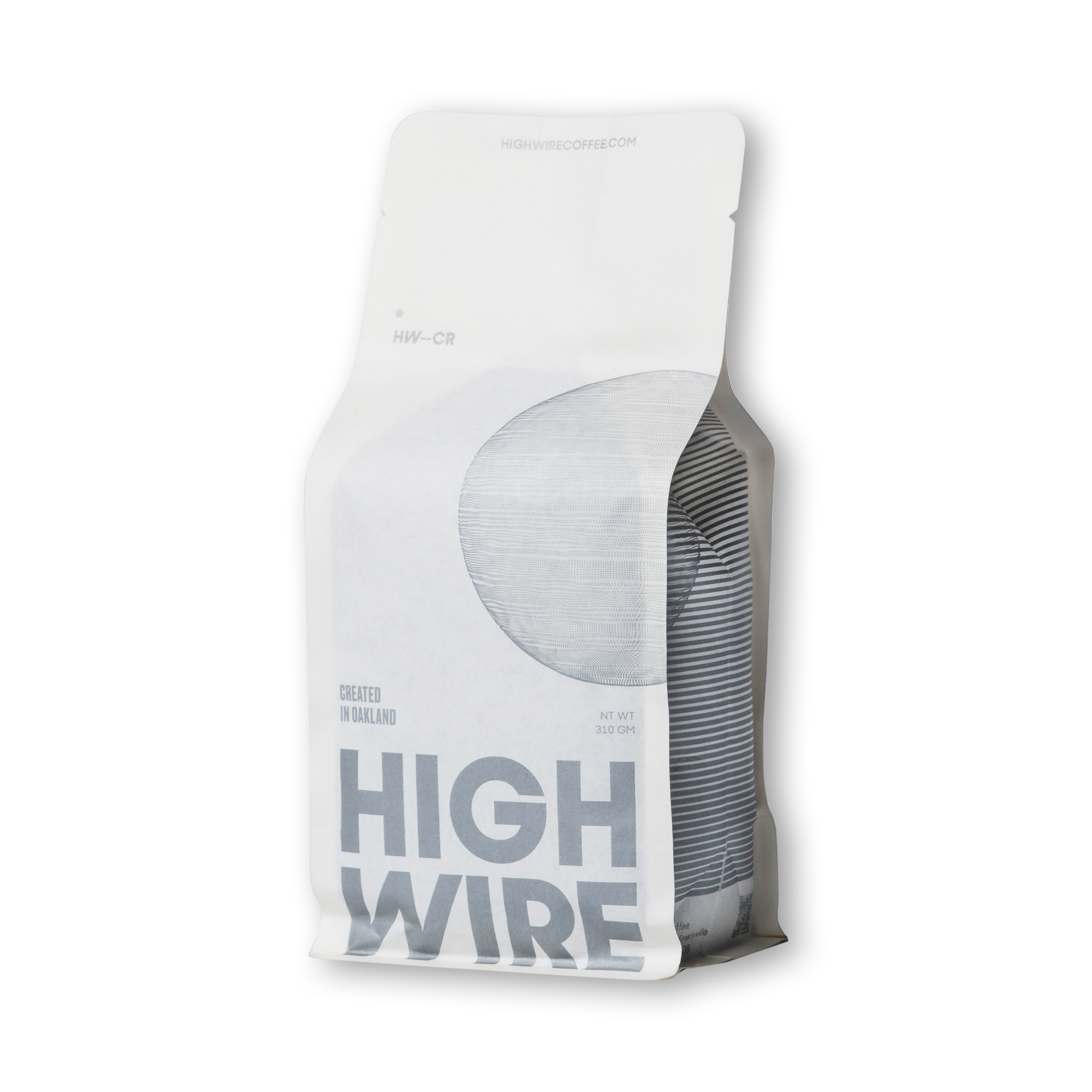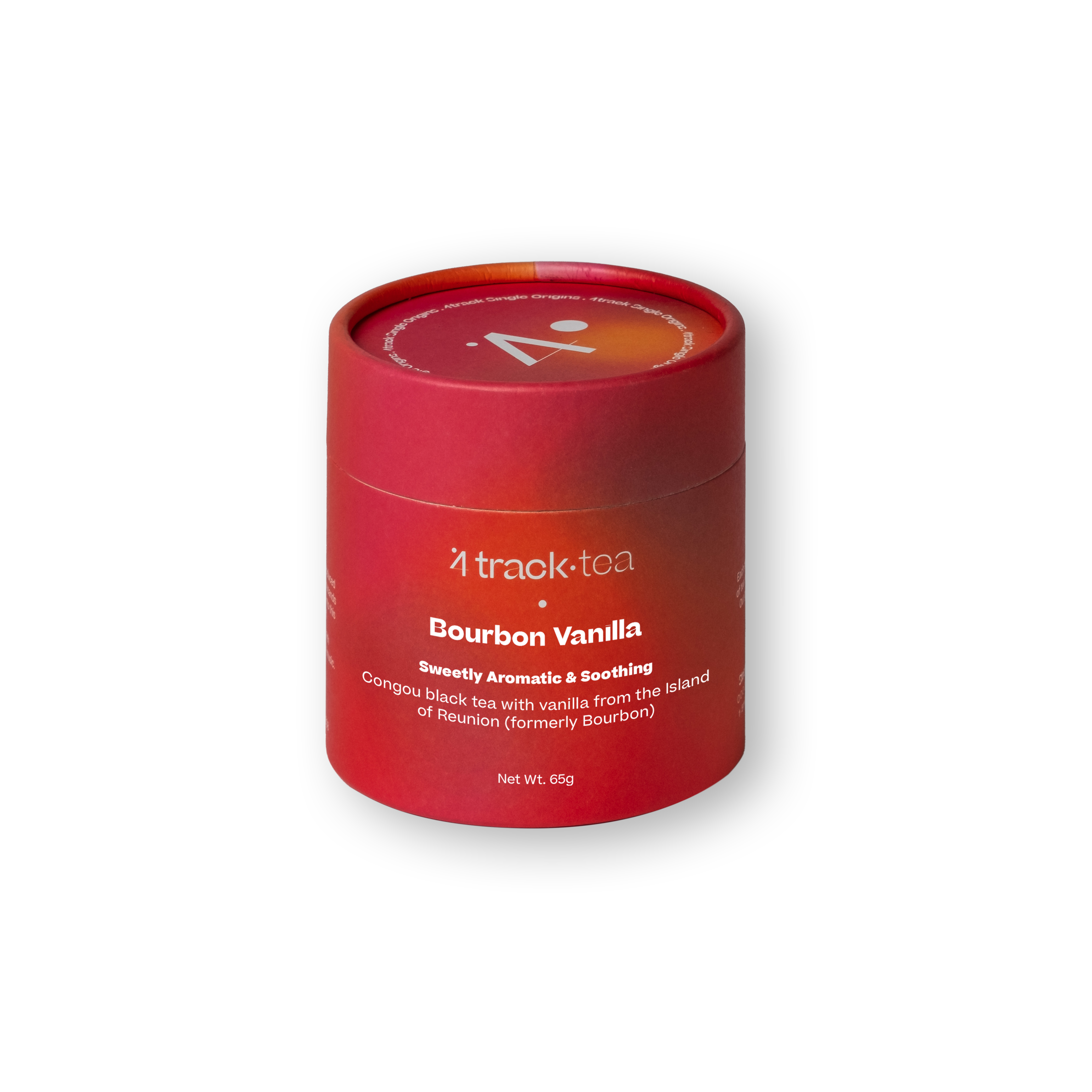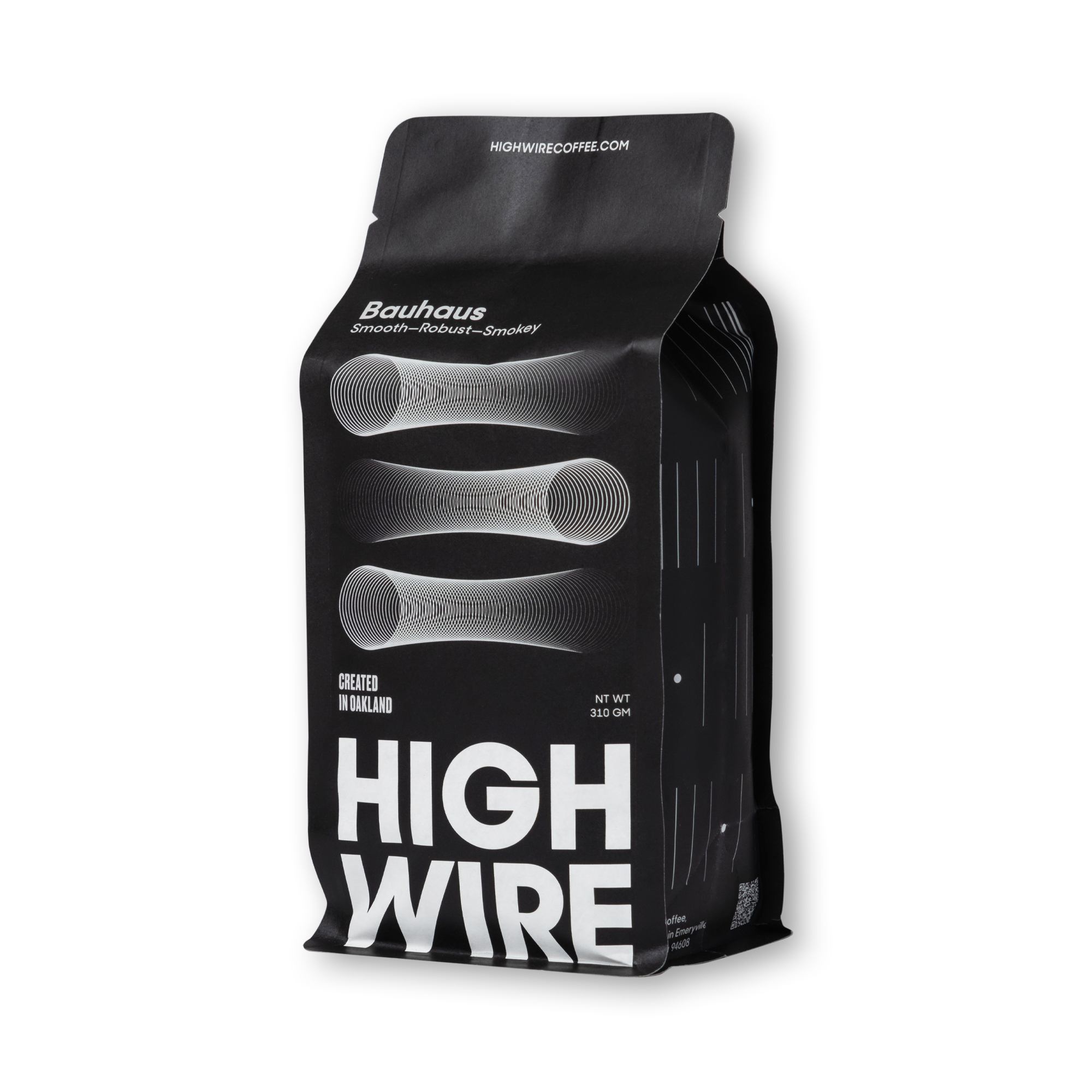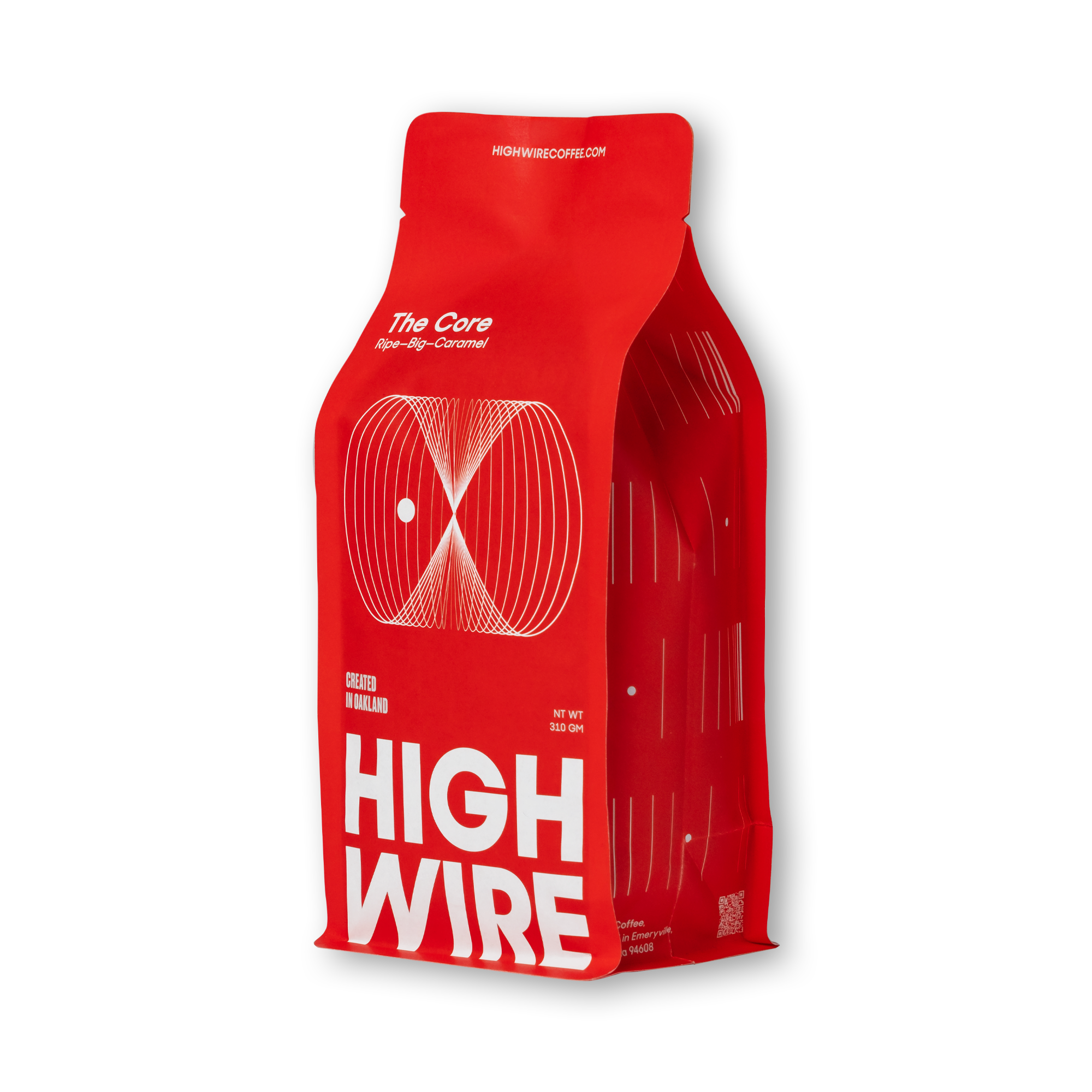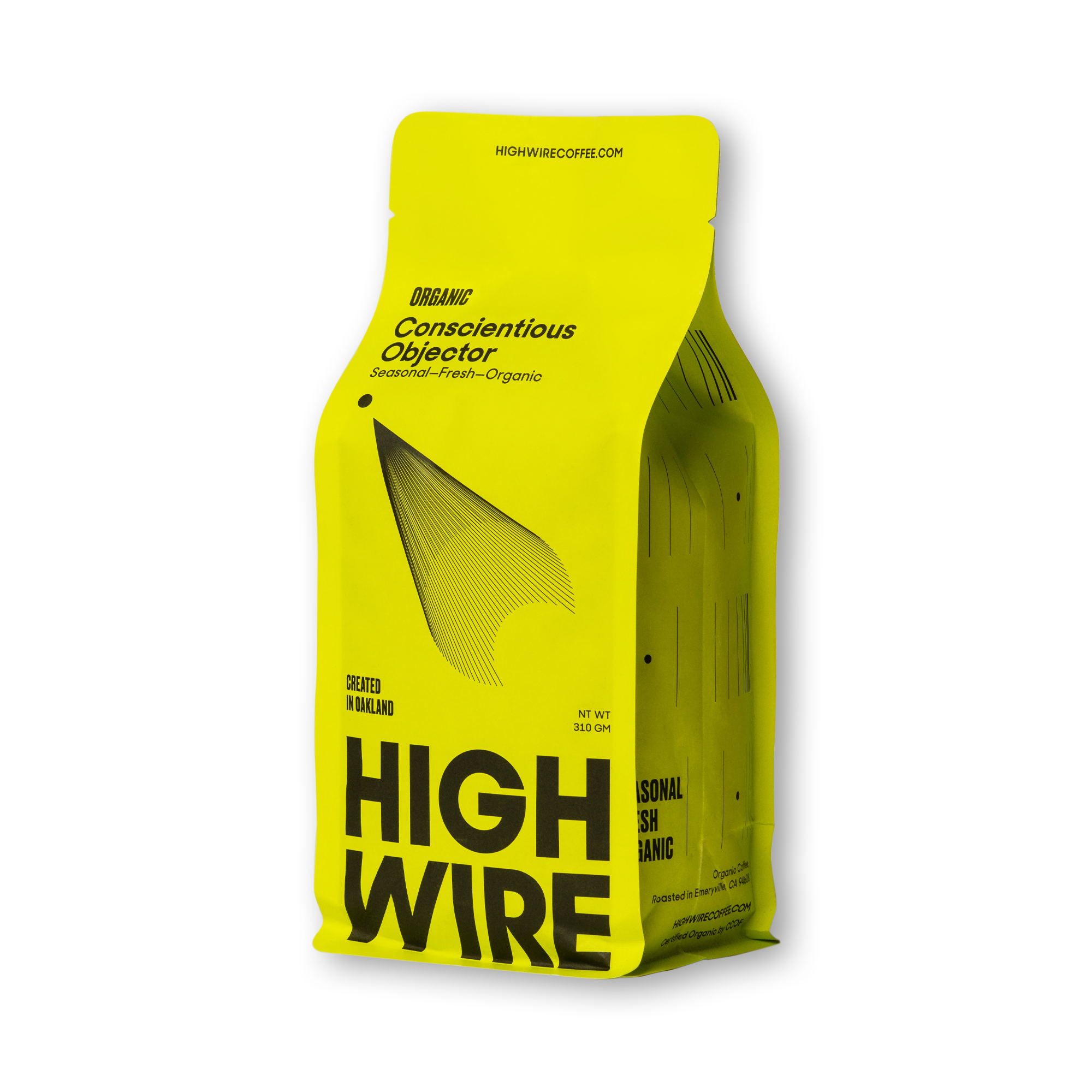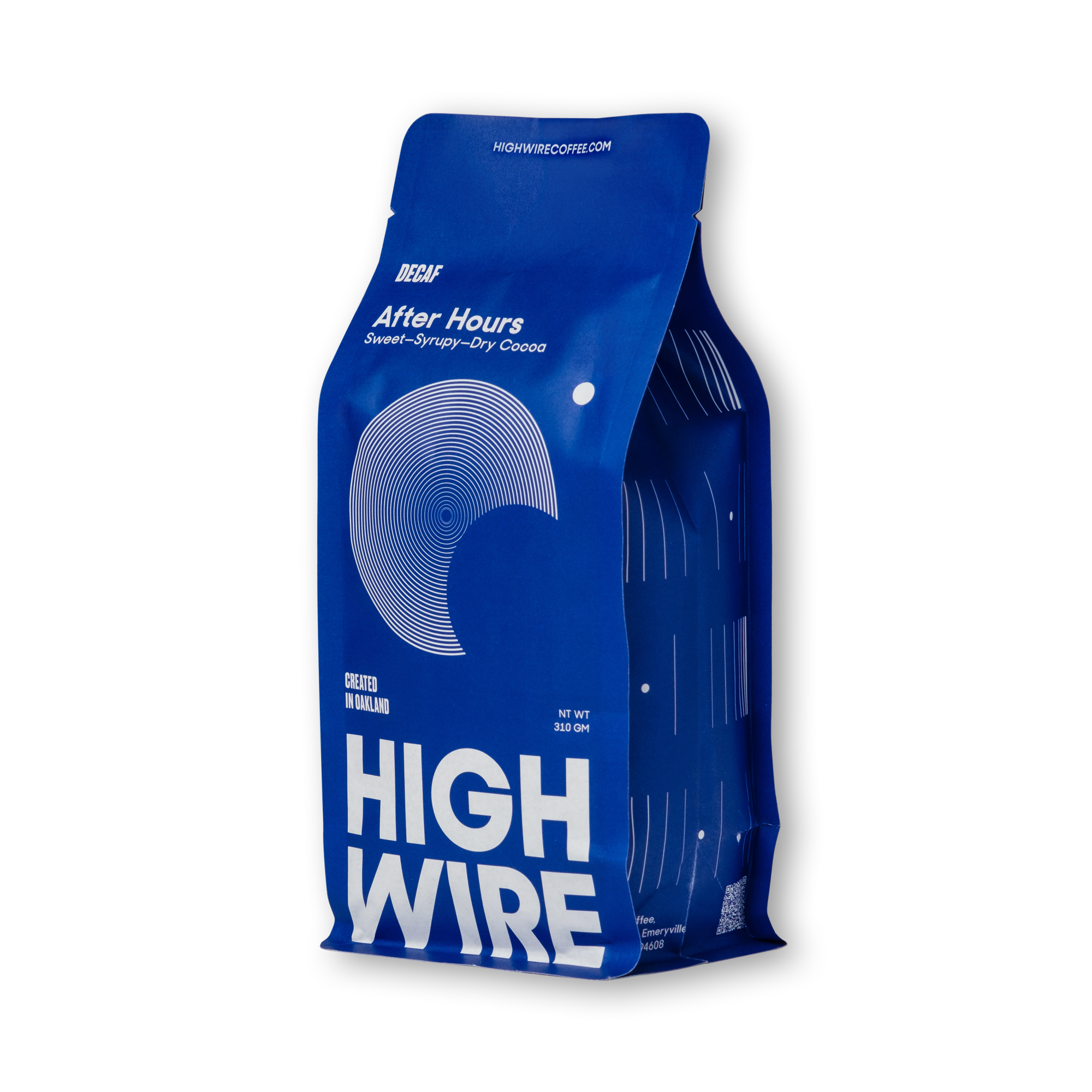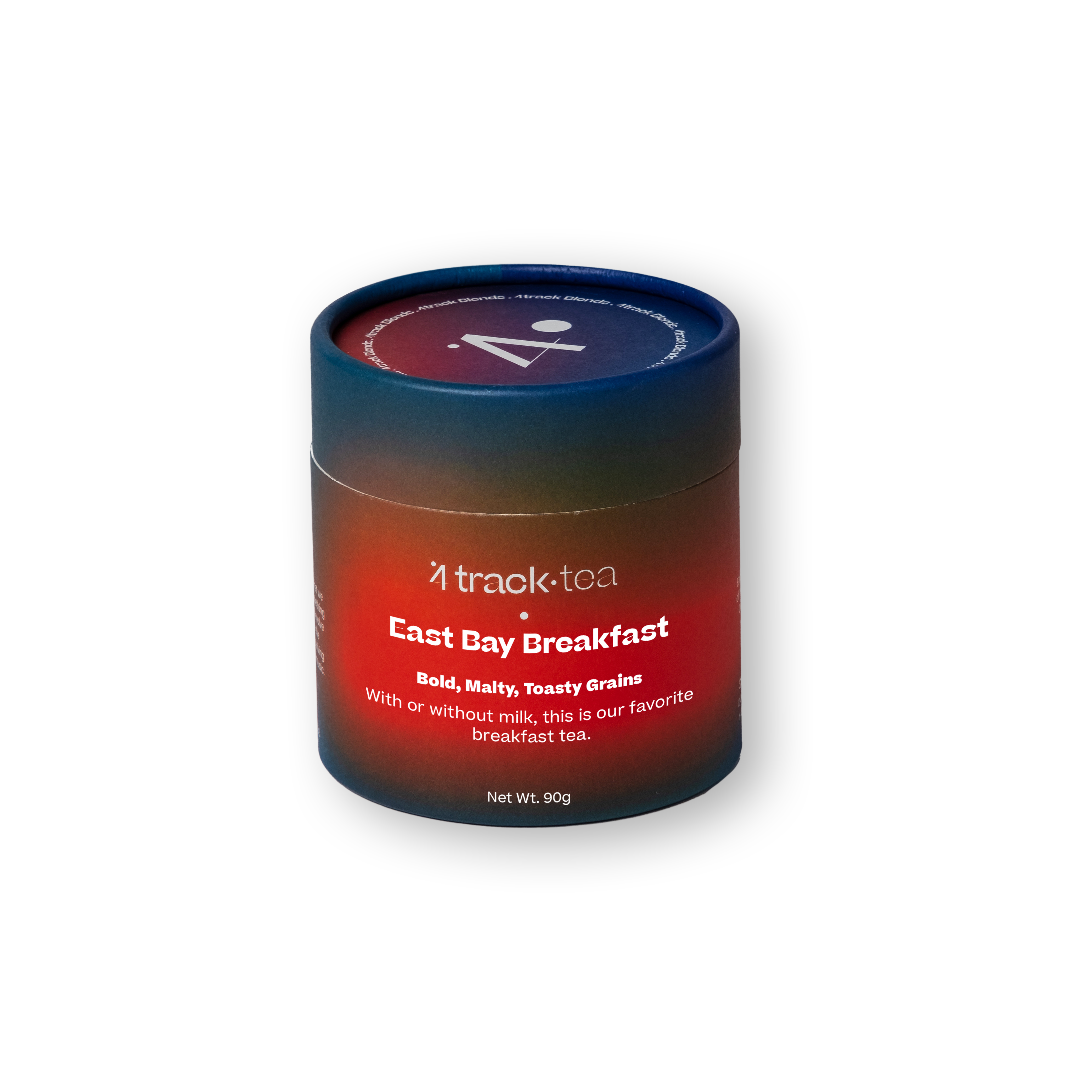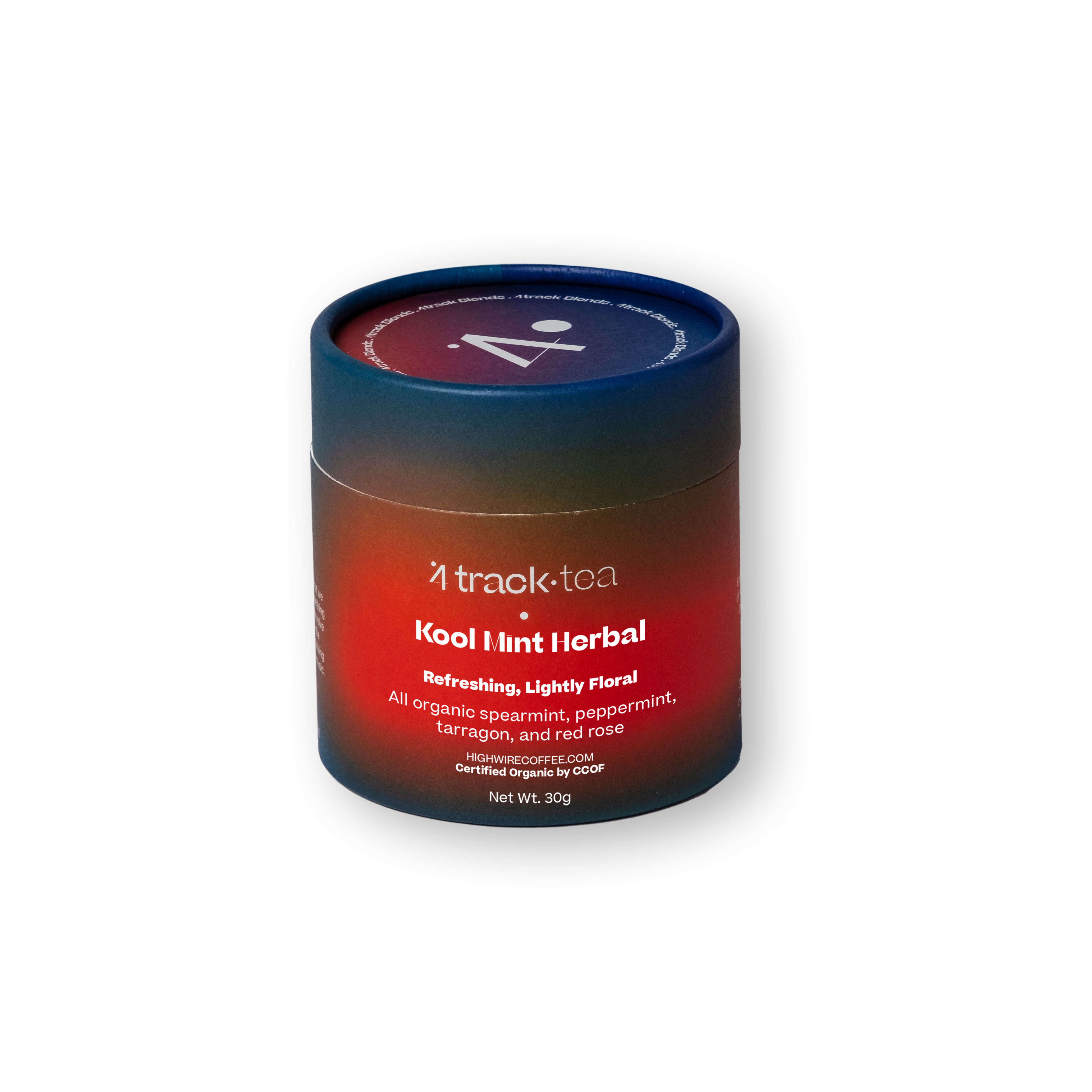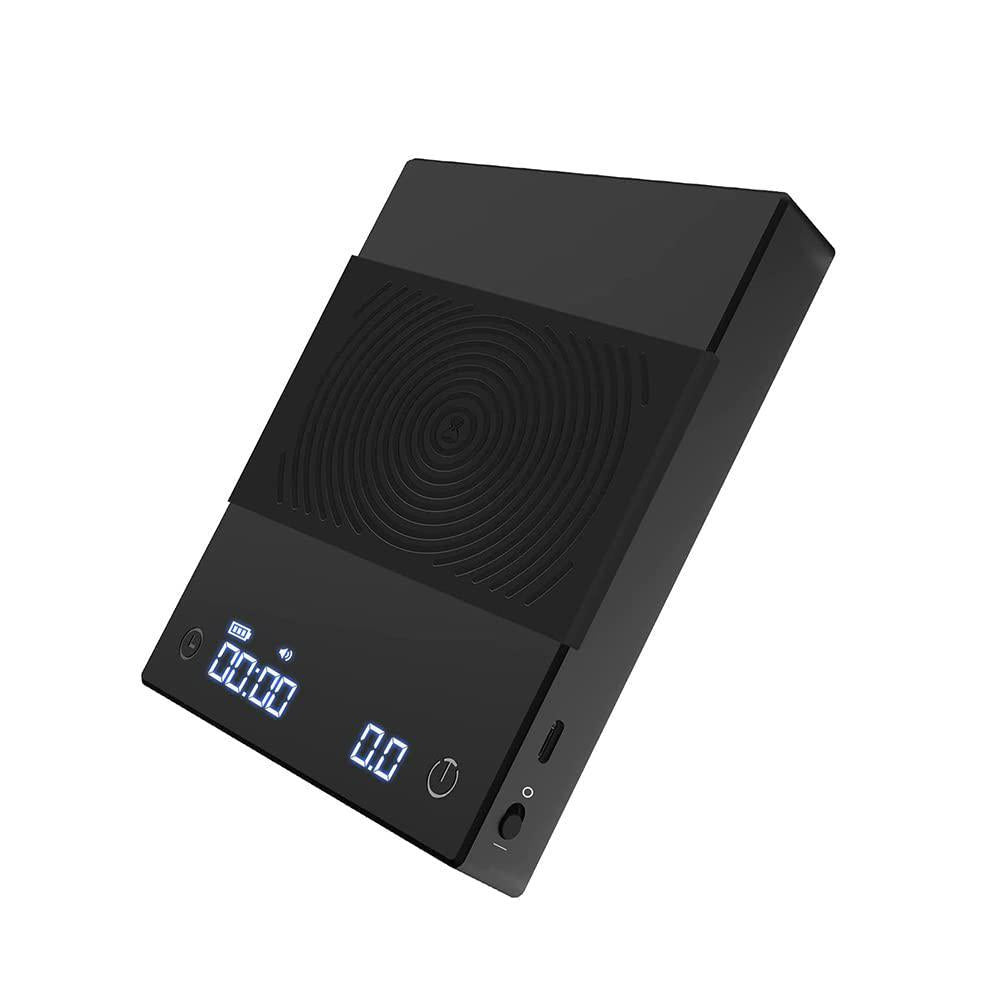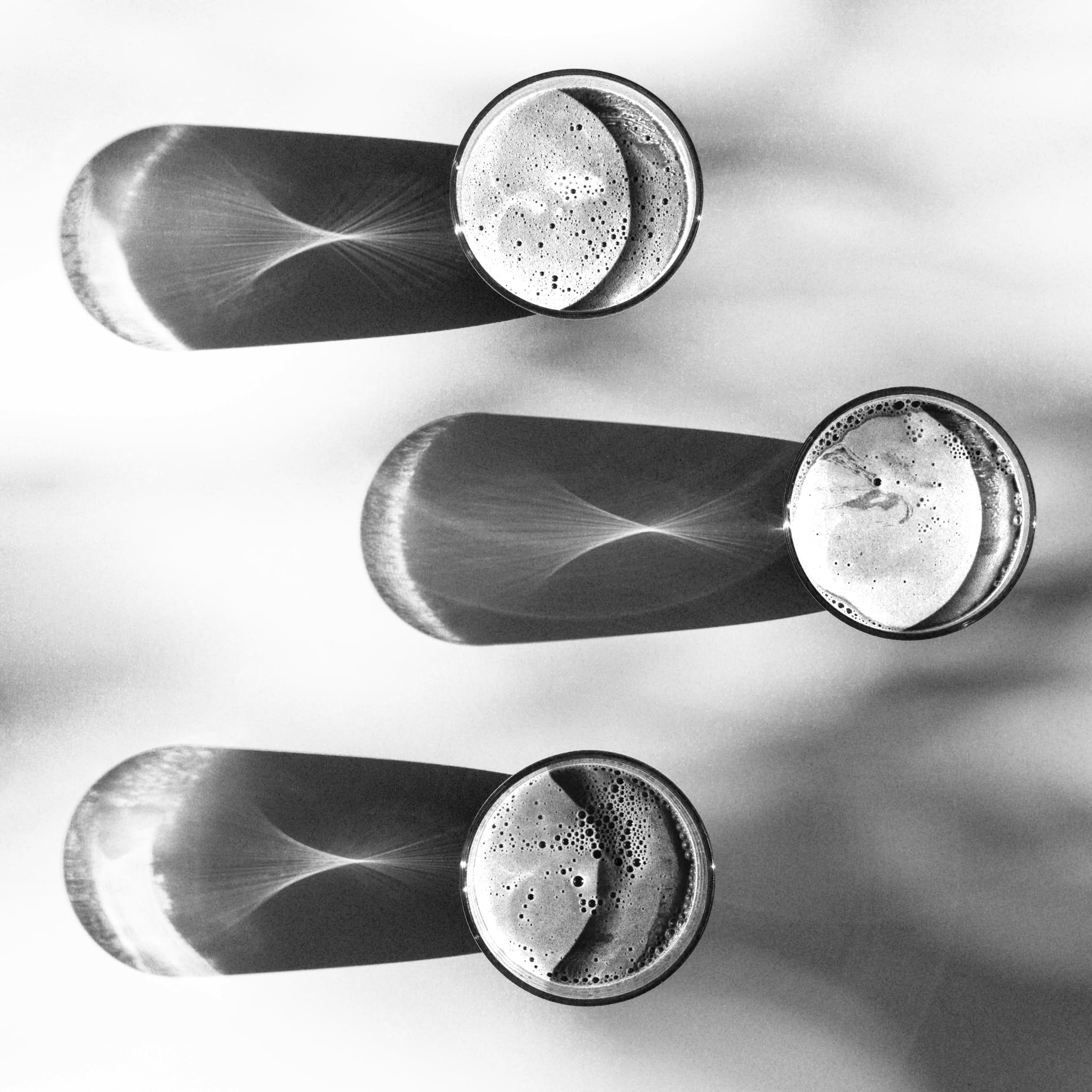Compostability of our packaging has always been important at Highwire. Some people have (understandably) complained that our new packaging does not say it is compostable and therefore must not be. Further, they cite the kraft paper finish of the old bags and the comparatively plastic seeming finish on the new bags as evidence that we have stepped backwards in our commitment to sustainable practices.
The truth is we are being cautious. We felt a little burned by our naivete when we learned late in the run with our old bags that they only claimed "commercially compostable". Since we are unaware of any commercial composting facilities in the U.S. (after a very brief search), we decided that this was an example of greenwashing and did not want to repeat that mistake. So we ordered our new bags from a manufacturer that claimed both Backyard and Commercial compostability for their materials, but we were unsure if they could back up this claim. So we said nothing on the package.
Since then, the manufacturer has provided us certificates from a laboratory that tests for TUV standards for both industrial and home compostability. This is cool, but we want to verify it before putting it on the bags. So we are reaching out to labs to test our actual bags and will only claim it on the bags once we have independent verification. But know that we have not only sought to improve the sustainability of our packaging, but wish to avoid making false claims about them.
For the record, TUV points out that compostability is not the same as biodegradable, and has separate certifications for each of a handful of ways materials break down in different environments.
For instance, the difference between home compostability and industrial has mostly to do with the temperatures needed to start the break down process. Most garden compost piles do not achieve the high temperatures needed to break down much of what is claimed to be compostable.
TUV's definition of home compostable (because there is no uniform standard yet!) claims:
1) the bag (including valve) should break down 90% within 12 months in a compost pile (not just water for instance).
2) It should break down a minimum of 90% of bioplastic materials should disintegrate into less than 2mm pieces within 6 month in a compost pile.
3) There can be no hazardous substances present in the material.
4) Finally, all bioplastics should contain at least 50% organic materials to earn this certification.
So where does that leave Highwire and its claims of compostability?
For now it leaves us waiting to verify independent of the manufacturer that these will, in fact, break down to good quality compost in real world situations before we claim it on our packaging. This represents Highwire's commitment to doing better each time we have an important decision about our sustainability.
In this way, we hope to earn your trust that we are committed to doing the right thing.

